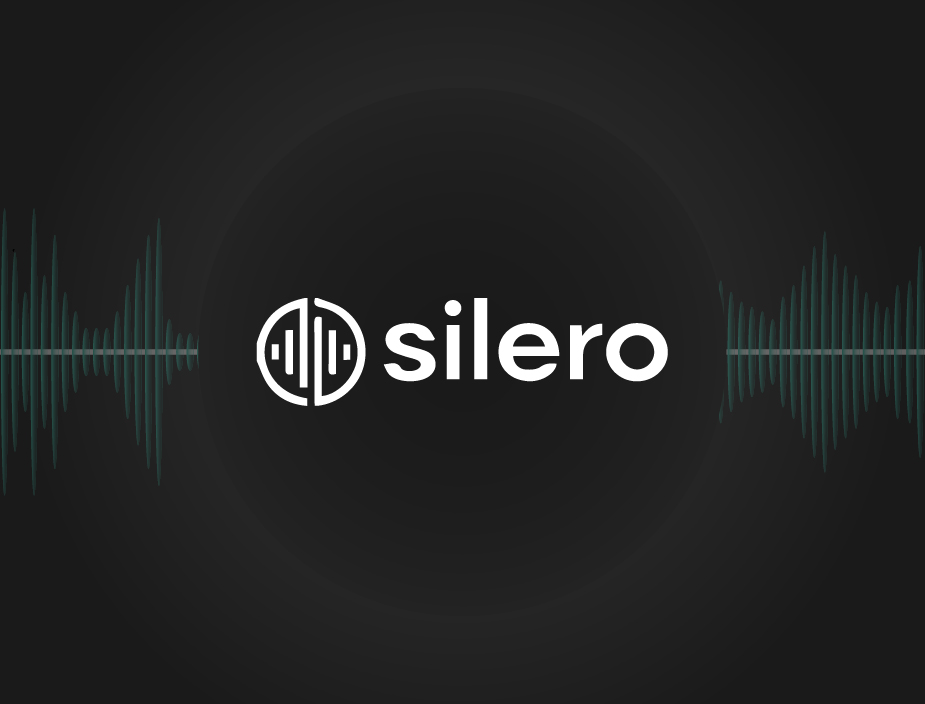Join our newsletter



In the age of voice assistants and voice-driven applications, the ability to process spoken language is becoming increasingly crucial. Silero emerges as a powerful open-source solution for developers seeking to integrate Speech-to-Text (STT) and Text-to-Speech (TTS) functionalities into their projects. But what exactly is Silero, and how can it benefit you? This comprehensive guide delves into everything you need to know about Silero:
Silero offers pre-trained models designed for two key speech processing tasks:
While Silero may not boast all the bells and whistles of some commercial speech processing platforms, it offers distinct advantages for developers:
While the core functionalities are robust, Silero offers some additional features:
Ready to explore the power of Silero for your project? Here's how to get started:
Silero is a valuable open-source toolkit for developers seeking to add core speech processing functionalities to their projects. Its focus on efficiency, ease of use, and open-source availability makes it an attractive option, especially for those with limited resources or a desire for customization. Whether you're building a voice-activated assistant or a speech-to-text application, Silero empowers you to leverage the power of speech processing in your development journey.